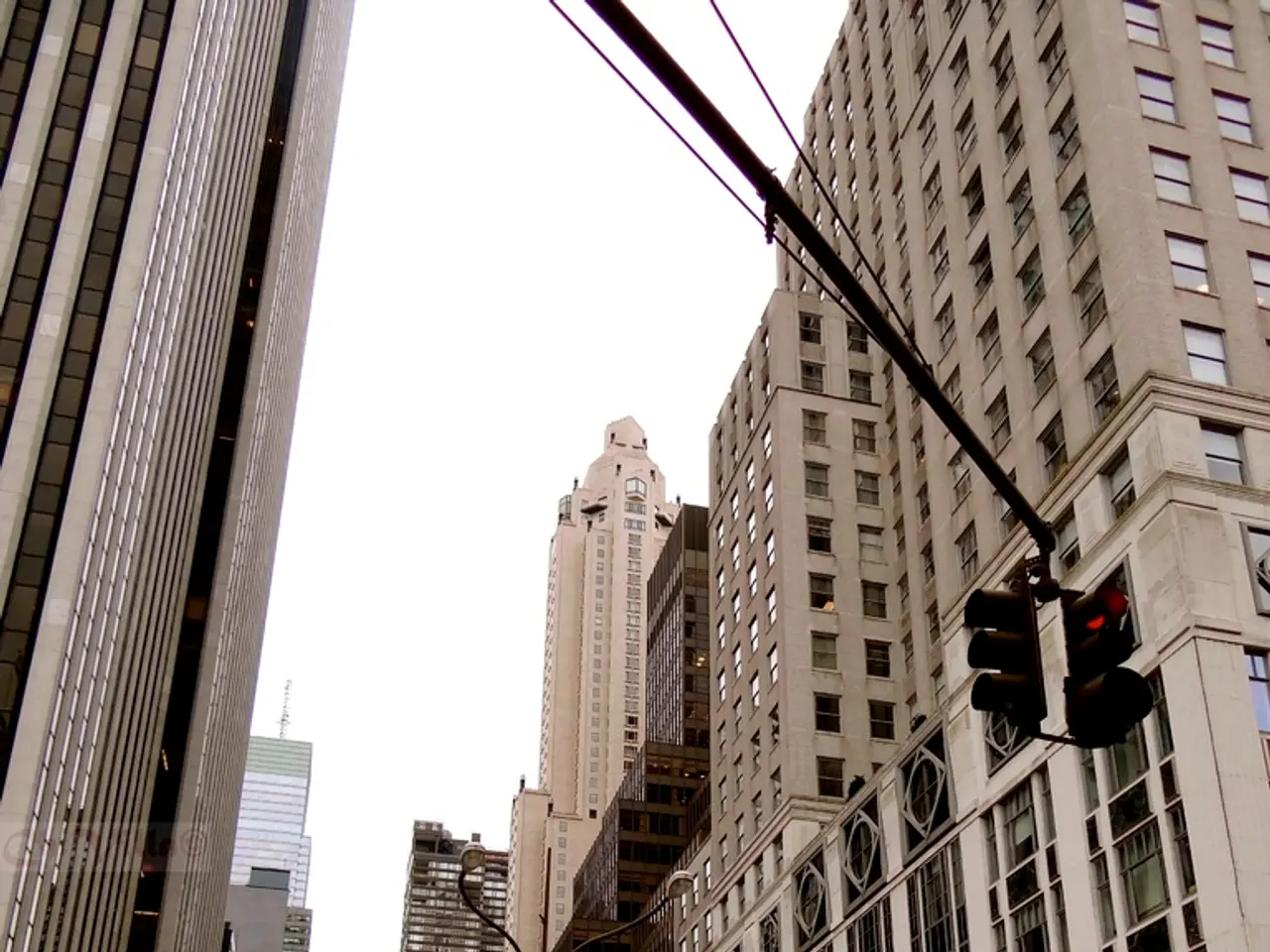Dubai takes action against excessively populated residential units
In the bustling city of Dubai, a housing crisis is affecting thousands of low-wage foreign workers. Due to soaring rents, these workers are forced to live in cramped, unsafe, and often illegal conditions such as partitioned apartments and overcrowded rooms.
The high costs of rent, often around $270 per month for severely overcrowded spaces, have left many workers with no choice but to share small flats with more than a dozen people. This overcrowding has led to makeshift dormitories with plywood or plastic partitions, transforming luxury apartments designed for families into crowded hostels housing up to 60 people per unit.
The living conditions are far from ideal, with these workers earning around $300 to $550 monthly having to endure a lack of privacy and fire risks. With Dubai authorities cracking down on such overcrowded and unsafe housing to address fire hazards and improve living conditions, many workers face eviction and are left uncertain about where to live without risking homelessness or illegal status.
Mohammed Sergie is among several workers being forced out due to overcrowding. The authorities' crackdown on overcrowding has left these workers with limited options. They either try to find similarly overcrowded spaces risking eviction again or face the threat of homelessness, as begging is illegal and formal affordable housing solutions are scarce.
Some workers shift to shared single rooms that may still hold more than a dozen occupants, while others scramble to find informal arrangements or potentially leave the city. However, the authorities have not provided widespread affordable housing options targeted at these workers despite their low incomes.
In summary, overcrowding results from a mismatch between soaring rents and the low earnings of migrant workers, leading to unsafe living conditions and repeated displacement due to crackdowns. The workers’ main option remains survival through shared, overcrowded rentals, with few legal or affordable housing alternatives.
Investing in real-estate in Dubai could yield high profits, considering the increasing demand and exorbitant rents, but the lack of proper, affordable housing for low-wage foreign workers highlights a concerning aspect of finance in politics. The general-news of migrant laborers being subjected to substandard living conditions due to overcrowding raises questions about the social responsibility of property investors.




